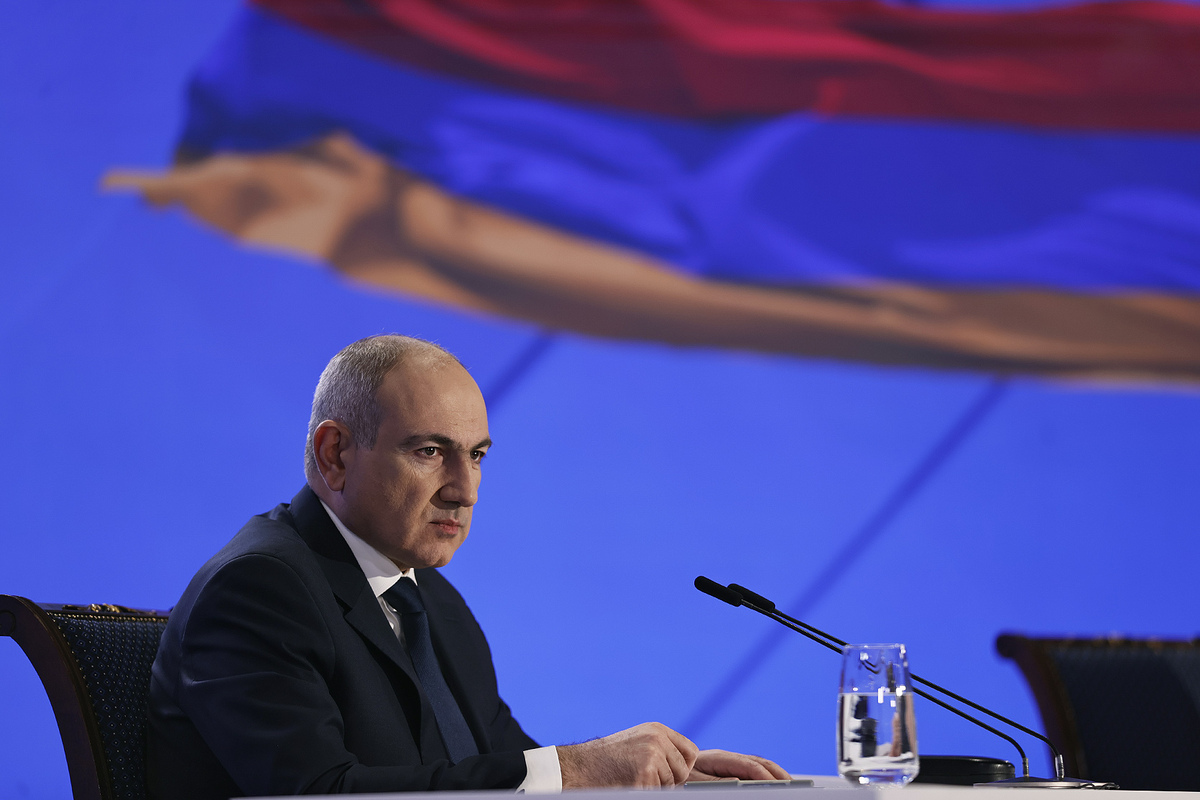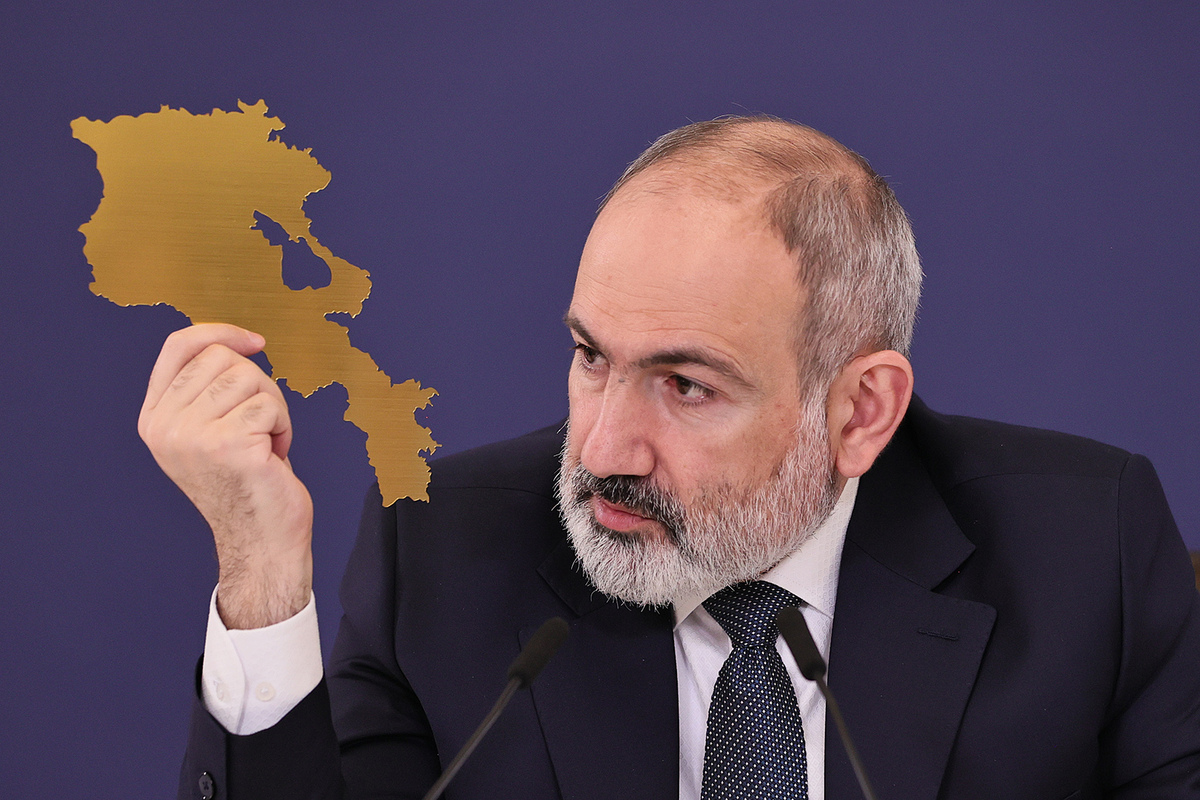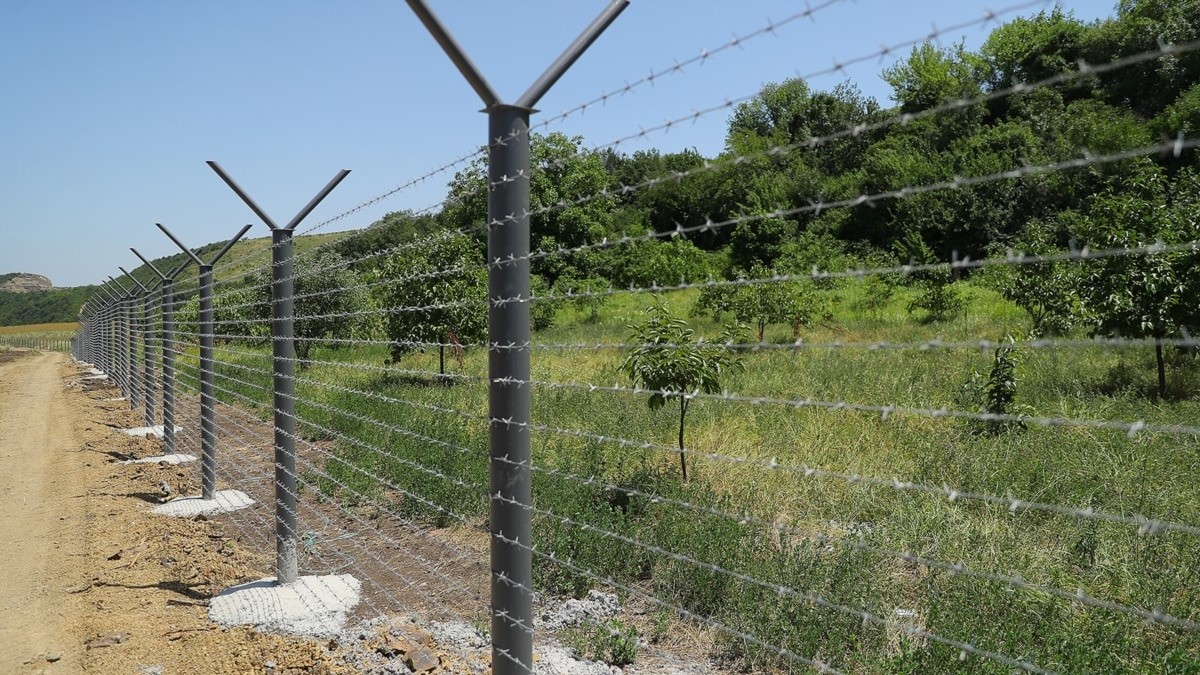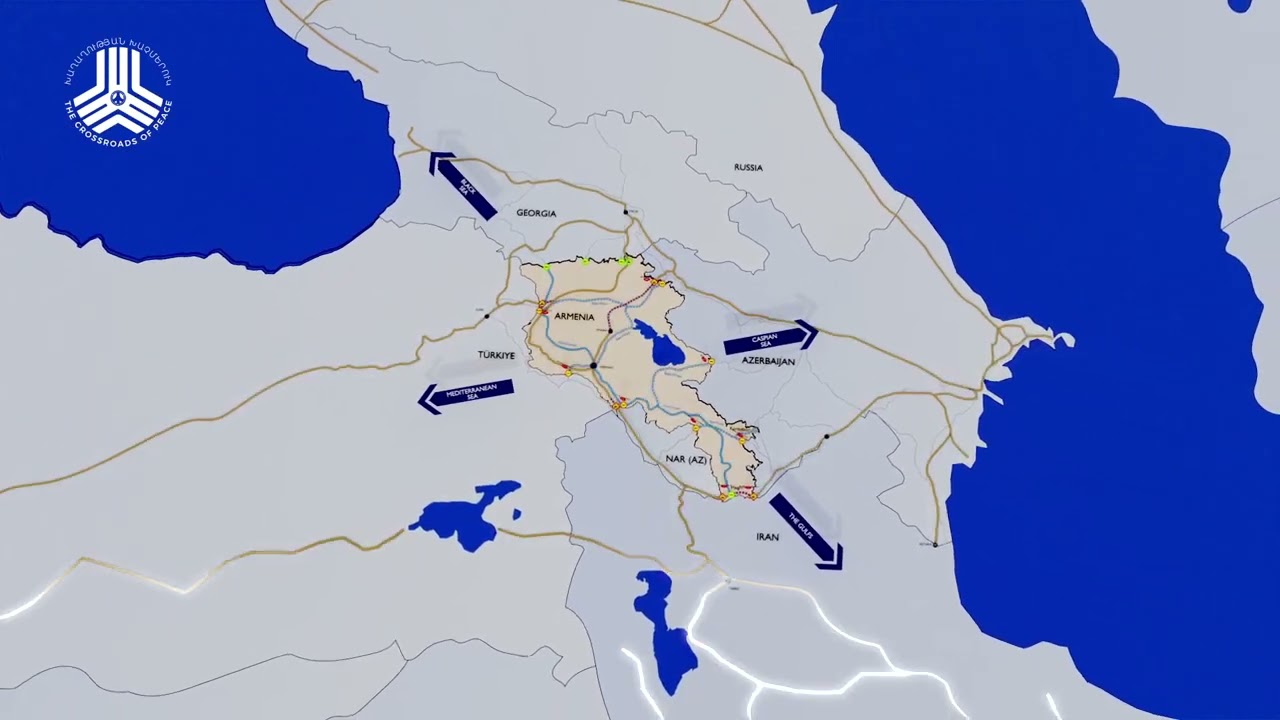'Armenian authorities ready to turn page on hostility' – Magdalena Grono
EU representative for S Caucasus‘ interview
“In Baku and Yerevan, we agreed that the EU would continue its support to ongoing Azerbaijan-Armenia bilateral talks, would focus on concrete aspects of connectivity and humanitarian issues, especially regarding demining and addressing the issue of missing persons, and would also promote regional cooperation initiatives,” said the EU Special Representative for the South Caucasus and the Crisis in Georgia, Magdalena Grono.
In an interview with Armenpress, she emphasized that while several areas of cooperation have already been identified, the EU is ready to do more. Grono elaborated on issues related to the normalization of Armenia-Azerbaijan relations, the reopening of regional transport links, and the Armenian government’s Crossroads of Peace initiative.
She also commented on Azerbaijan’s tough rhetoric, noting that what she heard in Baku differed from public statements. According to her, Azerbaijani officials told her that “the conflict is resolved,” “the situation has stabilized,” and “there is no intention to use force,” while the process of normalizing relations with Armenia should continue in all area.
- ‘We will strive to balance our relations with EU and Russia’ – Pashinyan
- Opinion: ‘Aliyev makes threats because he cannot neutralise Armenia’s potential’
- Opinion: ‘EU expects assurances from Armenia that Georgia failed to provide’
Settlement is productive
Grono stated that discussions in Azerbaijan focused on preparing the population for a peaceful future, mitigating security threats—including through societal reconciliation—and fostering rhetoric aimed at establishing peace:
“For the EU, it’s very important that the normalisation process between Armenia and Azerbaijan continues in a calm and positive environment, building on past achievements and successes reached in various formats, most recently on their bilateral track.”
According to the EU Special Representative, she heard “encouraging statements” in Baku regarding peace and stability in the region. In this context, she believes that this stage of the Armenia-Azerbaijan settlement is already yielding tangible results:
“I believe an important first stage of normalization is already seeing results: Azerbaijan and Armenia have a structured and well-organised framework for their discussions, with a clear commonly agreed basis and scope. Now is the time to display the political will that is needed to turn the page of conflict once and for all, to agree on mutually acceptable solutions for all outstanding issues, and to ensure a peaceful and more prosperous life for all populations in the region.”
Yerevan takes bold steps to settle relations with Azerbaijan
Magdalena Grono described her visits to Baku and Yerevan as “intense, substantive, and in some ways even encouraging.”
She specifically highlighted her meetings in Yerevan, stating that she expressed the EU’s support for Armenia’s ongoing reforms as well as its “bold steps” toward normalizing relations with Azerbaijan. However, she did not specify what these steps entailed:
“Despite the ups and downs of the process, the Armenian leadership has been engaging with a forward-looking approach, with a clear willingness to turn the page of enmity and establish a stable and peaceful environment.”
According to Grono, critics may argue that more could have been done, but significant progress has already been achieved. Looking at the current state of negotiations, she noted that just a few years ago, the existing structural framework and the overall dynamic of bilateral relations “would have seemed unimaginable.”
Border delimitation agreement – positive impulse
The EU Special Representative praised the work of the border delimitation commissions, highlighting the importance of the agreement reached in January to continue the process from north to south. In her view, this is a positive signal.
Magdalena Grono expressed hope that Yerevan and Baku would also make progress in other areas, particularly in signing a peace agreement, restoring ties and reopening transport links, and addressing humanitarian issues.
“We strongly encourage both sides to strive for progress and warn of the negative consequences should opposite trends emerge,” she said.
No one disputes core principles of Crossroads of Peace project
“I’m of course familiar with the “Crossroads of Peace” project put forward by Armenia since 2023. Its overall scope and basic principles, I believe, are not really contested by anyone. But the details and practicalities are something that still needs to be fully agreed by the sides. It is indeed a useful and interesting framework, also from the point of view of showing concretely how a future South Caucasus at peace could look like,” Grono said.
According to the EU Special Representative, statements from Yerevan and Baku suggest that an agreement on this issue is possible:
“As a first step, I very much hope that Armenia and Azerbaijan would be able to agree on modalities for cargo transit between the Western regions of Azerbaijan and Nakhchivan in the near future and open up also communications that link up Armenia to the broader region. […] and we remain ready to support parties to reach it.”
Accusations of “espionage” against observers are disinformation
Speaking about EU civilian observers monitoring the Armenia-Azerbaijan border and the criticism directed at them from Azerbaijan, Grono assured that they carefully listen to all viewpoints. Moreover, they seek to understand what lies behind the dissatisfaction:
“We seek to clarify potential misperceptions – but we are equally committed to dispelling any possible disinformation. This is also relevant for the criticisms we hear about EUMA activities. As far as perceptions are concerned, I made it clear during my meetings that, the EU does not intend to create new dividing lines, engage in “zero-sum games” or promote a “hidden agenda” in the region.
The EU Mission in Armenia has been deployed on the basis of a sovereign request from the Armenian authorities. At all stages – before, during and after its deployment – the EU kept the Azerbaijani authorities informed.
Given sensitivities associated with third-party presence on the ground and the long history of conflict, I assured all interlocutors that we take our role with a high degree of responsibility.
We can therefore reiterate that all allegations regarding “spying activities” or “destabilization objectives” are disinformation and do not correspond to neither the mandate and goals set for the Mission, nor its operations. The EU Mission in Armenia is and will remain an exclusively civilian, unarmed mission.“























